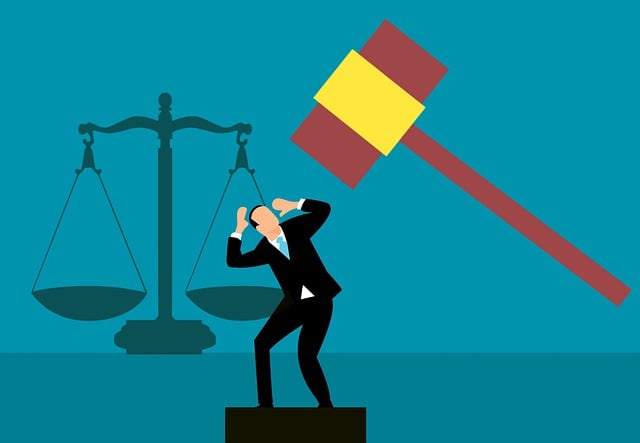Comparative fault is a legal principle that distributes responsibility for accidents based on individual negligence, promoting fairness in accident settlements. In personal injury cases, it influences compensation by considering each party's fault percentage. Engaging competent legal representation and gathering comprehensive documentation are crucial steps to navigate these complex determinations and ensure rights protection. Understanding state-specific laws regarding comparative fault, especially when consulting specialists in relevant fields, empowers individuals to make informed decisions for a fair accident settlement.
Understanding comparative fault is crucial for anyone involved in or affected by accidents. This concept plays a significant role in determining liability and compensation in personal injury cases, significantly influencing the final accident settlement. When an accident occurs, multiple factors contribute to what happens afterward, from medical bills to legal processes. This article delves into the intricate world of comparative fault, exploring its impact on accident settlements and the steps involved in navigating these complex scenarios.
- What is Comparative Fault and How Does it Affect Accident Settlements?
- The Role of Contributory Negligence in Determining Settlement Amounts
- Navigating the Process: Steps to Understanding Your Role in Comparative Fault Settlements
What is Comparative Fault and How Does it Affect Accident Settlements?

Comparative fault is a legal principle that assigns responsibility for an accident based on the negligence of each involved party. Unlike strict liability, which holds one party entirely responsible, comparative fault considers the contribution of each individual or entity to the incident. This approach ensures fairness in accident settlements by allowing for a more nuanced understanding of causation and accountability.
In the context of accident settlements, comparative fault plays a pivotal role. When determining compensation, a court will assess the level of negligence attributed to each party. For instance, if you’re involved in a car accident caused by another driver’s reckless behavior, a competent accident attorney can help argue that their negligence was significant, while any contribution from you was minimal. This argument can lead to a more favorable accident settlement tailored to the specific circumstances of the case. Moreover, understanding comparative fault is crucial for anyone considering legal action related to breaches of contract or elder law issues, as it influences the outcome and potential compensation in personal injury claims.
The Role of Contributory Negligence in Determining Settlement Amounts

In personal injury cases, the concept of contributory negligence plays a significant role in determining the final settlement amounts. This legal principle holds that if a plaintiff was partially at fault for their injuries, they may not be able to recover full compensation from the defendant. The court will assess the percentage of fault attributed to each party involved in the accident, which directly impacts the victim’s financial award. A crucial aspect of this process is ensuring fairness and preventing individuals from receiving unfair advantages by contributing to their harm.
The presence or absence of contributory negligence can significantly alter the terms of an accident settlement. Victims who were partially negligent, even slightly, might receive reduced damages. This encourages a fair distribution of responsibility and resources. Engaging competent legal representation is vital in these cases as they can navigate complex fault determinations and protect a client’s rights, especially when dealing with potential fiduciary duty breaches.
Navigating the Process: Steps to Understanding Your Role in Comparative Fault Settlements

Navigating a personal injury case, especially when it involves an accident settlement, can be a complex process. Understanding your role in comparative fault settlements is crucial. The first step is to gather all relevant information about the incident, including medical records, witness statements, and any evidence that supports your claim. This documentation plays a significant role in determining liability—who is at fault—and the extent of each party’s contribution to the accident.
Next, consult with an experienced legal professional who can guide you through the intricacies of real estate litigation or elder law, depending on your circumstances. They will help explain the state’s laws regarding comparative fault and how they apply to your case. By understanding your rights and responsibilities, you can make informed decisions throughout the process, ensuring a fair outcome in your accident settlement.
Comparative fault is a critical concept in accident settlements, allowing for fair compensation by considering each party’s responsibility. By understanding contributory negligence and following structured steps in the settlement process, individuals can navigate their roles effectively. This ensures that accident settlements reflect the true circumstances, providing a clearer path to justice and equitable outcomes.





